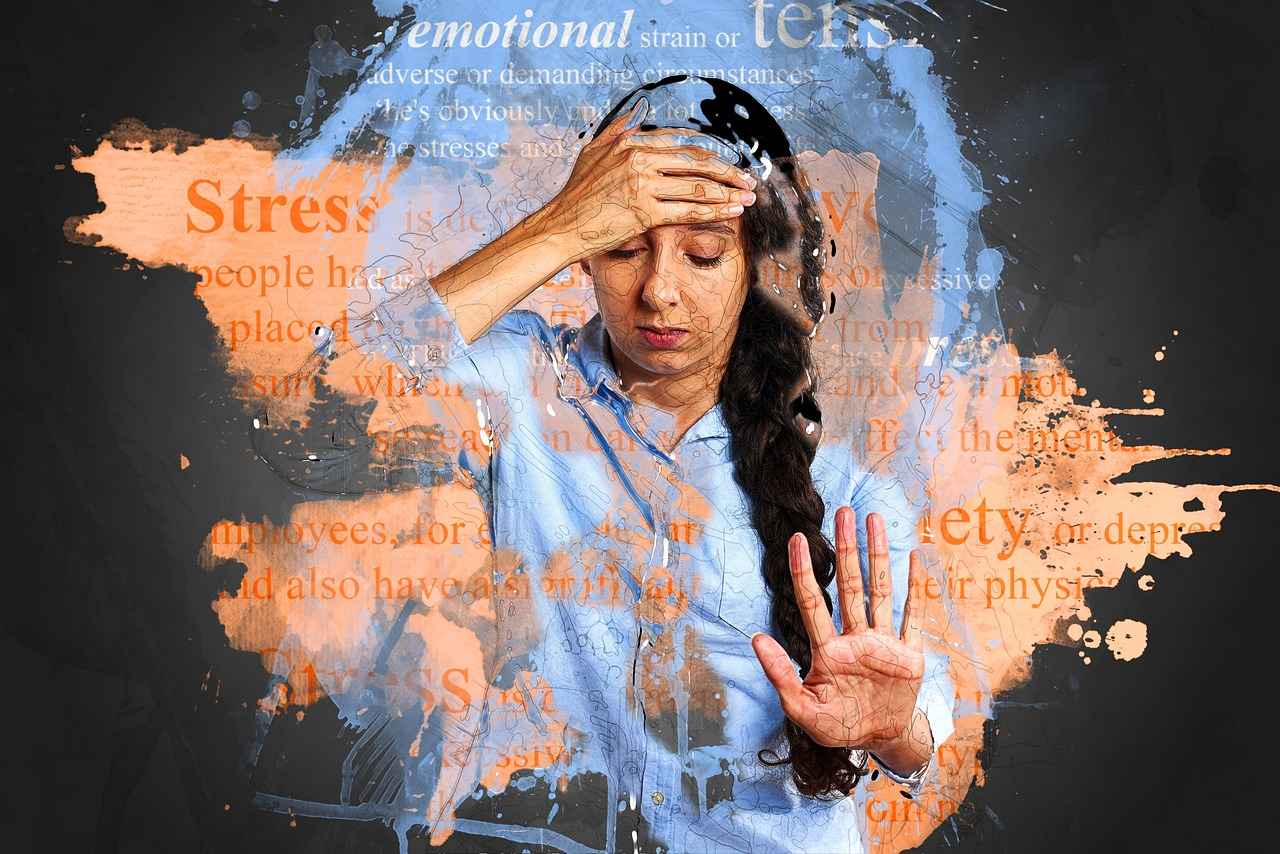Life is filled with difficulties that can sometimes feel impossible to overcome. These issues, whether they be emotional, professional, or personal, can impede our development, lead to stress, and leave us feeling trapped. However, we may overcome life’s challenges with more ease and arrive at meaningful answers by taking a proactive stance and honing our problem-solving abilities. In this post, we’ll look at a step-by-step manual on how to deal with challenges in life, giving you the tools you need to overcome obstacles and live a life that’s more satisfying.
1. Identify & Define the Issue

Clearly defining and identifying the issue is the first stage in any problem-solving process. Spend some time thinking about the current situation and dissecting it into its component parts. Consider asking yourself, “What exactly is the problem?” and “What are the underlying causes?” You set yourself up for discovering a suitable solution by acquiring a thorough grasp of the issue.
2. Analyse the Situation
After you have identified the issue, it is crucial to do a thorough situational analysis. Think on the causes of the issue and weigh the possible effects of different course of action. Search for trends, linkages, and potential reasons. You will be able to get important insights and make future decisions with the aid of this analytical technique.
3. Create Multiple Solutions
After analysing the issue, come up with numerous viable answers. Encourage imagination and consider many viewpoints. During this phase, refrain from judging or self-censoring. No matter how feasible or viable a solution may be, try to come up with as many as you can. Remember that seemingly absurd ideas can lead to the finest answers.
4. Evaluate and prioritize solution
Once you have a list of prospective solutions, weigh each one’s benefits and drawbacks to choose which should come first. Take into account elements like viability, efficacy, impact, and necessary resources. You may shorten the list and rank the most promising ideas using this evaluation approach. Choose the top two or three solutions that will most likely solve the issue.
5. Take Aaction
The moment has come to act now that you have determined the finest solutions. Make an action plan describing the precise measures you must take to put each option into practise. To prevent feeling overwhelmed, divide the plan into more doable, smaller chores. Establish attainable goals and dates to gauge your success. To solve issues and get closer to your intended goal, you must consistently take action.
6. Learn from Mistakes and Adapt
Occasionally, despite our greatest efforts, the solutions we select may not provide the anticipated outcomes. It’s critical to view failure as a chance for improvement. Examine what went wrong and take a lesson from it. You should adapt your strategy, revise your solutions, or consider other options. Having the capacity to bounce back from setbacks and develop new solutions calls for adaptability and resilience.
7. Seek Support
Keep in mind that you don’t have to deal with your issues by yourself. Consult with friends, relatives, or experts who can provide direction, counsel, or simply a listening ear. Working with others can open your eyes to new ideas and insightful information that you might have missed. When you require assistance, don’t be reluctant to ask for it.
8. Prioritise Self-Care
Self-care must come before problem-solving. Engage in relaxing and enjoyable activities to look after your physical and mental health. Maintain a healthy lifestyle, get adequate sleep, work out frequently, and feed your body well. Taking care of oneself improves your capacity for problem-solving with clarity and resiliency.
In conclusion, dealing with challenges in life might be difficult, but it’s achievable if you have the correct perspective, resources, and help. You may overcome obstacles and live a better, more fulfilled life by clearly describing the issue, coming up with solutions, considering your alternatives, selecting a plan of action, and acting on it. You can also learn from your mistakes by taking care of yourself and getting help. Keep in mind that difficulties are a chance for development and learning, and that every issue has a solution.




